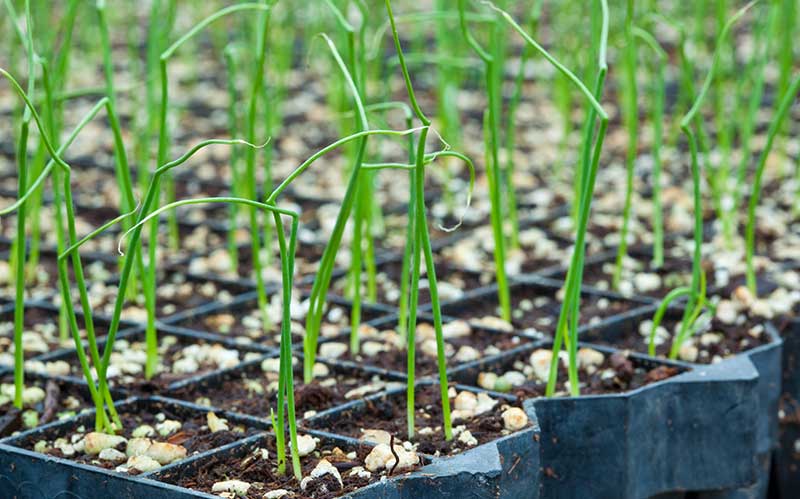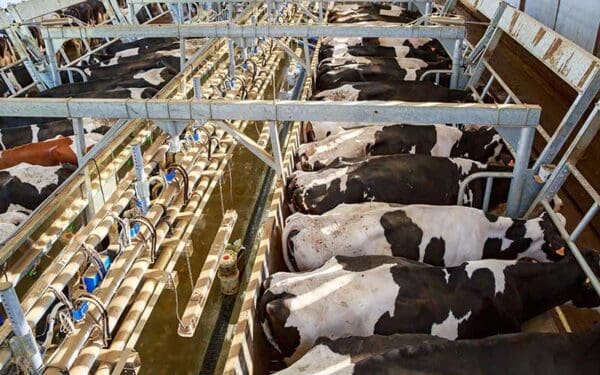
The federal Farm Bill can have a big impact on New Englanders – so it's critical that we weigh in as final decisions are being made. Photo: EcoPhotograhy
This time of year, many of us in New England are savoring the bounty of farm stands and farmers’ markets brimming with locally grown produce. Whether you’re relishing fresh corn on the cob at a backyard barbecue, juicy watermelon at a picnic, or a fruit pie on the porch after dinner, your meal may seem worlds away from the halls of Congress. However, our elected officials in Washington, D.C., are currently making big decisions about the future of farm and food policy in our country – and it matters for all of us.
Federal Farm Bill Impacts Food Insecure Families, Endangered Species, and More
The Farm Bill, a mammoth piece of legislation passed approximately every five years, supports farm programs in the U.S. and much more – including critical nutrition programs like the Supplemental Nutrition Assistance Program (SNAP), land and water conservation, and rural development. In this way, it boosts our local food economy from producer through consumer and back again, which is especially important here in New England where smaller farms dominate.
This summer, the U.S. Senate and House of Representatives both passed their versions of the 2018 Farm Bill. Alarmingly, the House version is chock full of harmful provisions that would boost industrial-scale agriculture, reduce food access for families in need, and undermine bedrock environmental protections for clean water and endangered species among other threats.
For New Englanders, the Farm Bill passed by the House would imperil the health and economic vitality of our farmers and families. The House bill would reduce opportunities for our region’s small farmers to access beneficial programs that allow them to grow their businesses, venture into new local markets, and protect their land for generations to come through conservation programs.
The House bill also would harm the food security of some of New England’s most vulnerable families through deep cuts and changes to SNAP – formerly called food stamps – and other nutrition programs. Finally, it would threaten the health of all New Englanders by making it easier to spray dangerous pesticides and rolling back clean water protections for streams and wetlands.
You Can Make a Difference: Contact Legislators Now
A conference committee made up of members of both bodies is now working to reconcile differences between the two versions and negotiate a final Farm Bill – with the goal of finishing it up by September 30.
It is critical for New Englanders to stand up for a Farm Bill that works for us. Contact the New England members of the conference committee (Sen. Patrick Leahy of Vermont, Rep. Jim McGovern of Massachusetts, and Rep. Annie Kuster of New Hampshire) and your legislators, who will have a chance to vote on the final bill. Ask them to fight for a Farm Bill that supports our local farms, protects our natural resources, and helps families access healthy, local food.
Here is what we need to see in the Farm Bill for New England’s farms and families:
- Support New England’s family farmers and the next generation of producers by adopting the Senate bill’s funding levels for key U.S. Department of Agriculture programs that benefit small-scale farmers, beginning farmers, military veteran farmers, and farmers of color, such as the Farm Outreach Training Opportunities Program.
- Help farmers act as stewards of our natural resources through programs that support conservation practices on working lands and improve the health of our soil, air, and water by rejecting the House bill’s drastic cuts to conservation programs, including the Environmental Quality Incentives Program.
- Improve access to healthy, locally grown food and create new economic opportunities for farmers by adopting the Senate bill’s farm-to-fork programs like the Local Agriculture Market Program.
- Stand up for public health and wildlife protection by cutting the harmful anti-environmental provisions included in the House bill, which include slashing protection for endangered species, undermining regulation of toxic pesticides, and repealing clean water protections under the Clean Water Act.
- Support our communities by rejecting the House bill’s gutting of vital food access programs, including SNAP food benefits, which nearly 1 in 8 New Englanders relied on last year.
CLF works to support New England’s farmers and a sustainable, vibrant local food system. A robust federal farm bill is key to helping our farmers thrive.
Along with policy advocacy, we work on the ground through our Legal Food Hub program to provide free legal assistance to eligible farmers and food entrepreneurs through our network of volunteer attorneys. Find out more at www.legalfoodhub.org.




